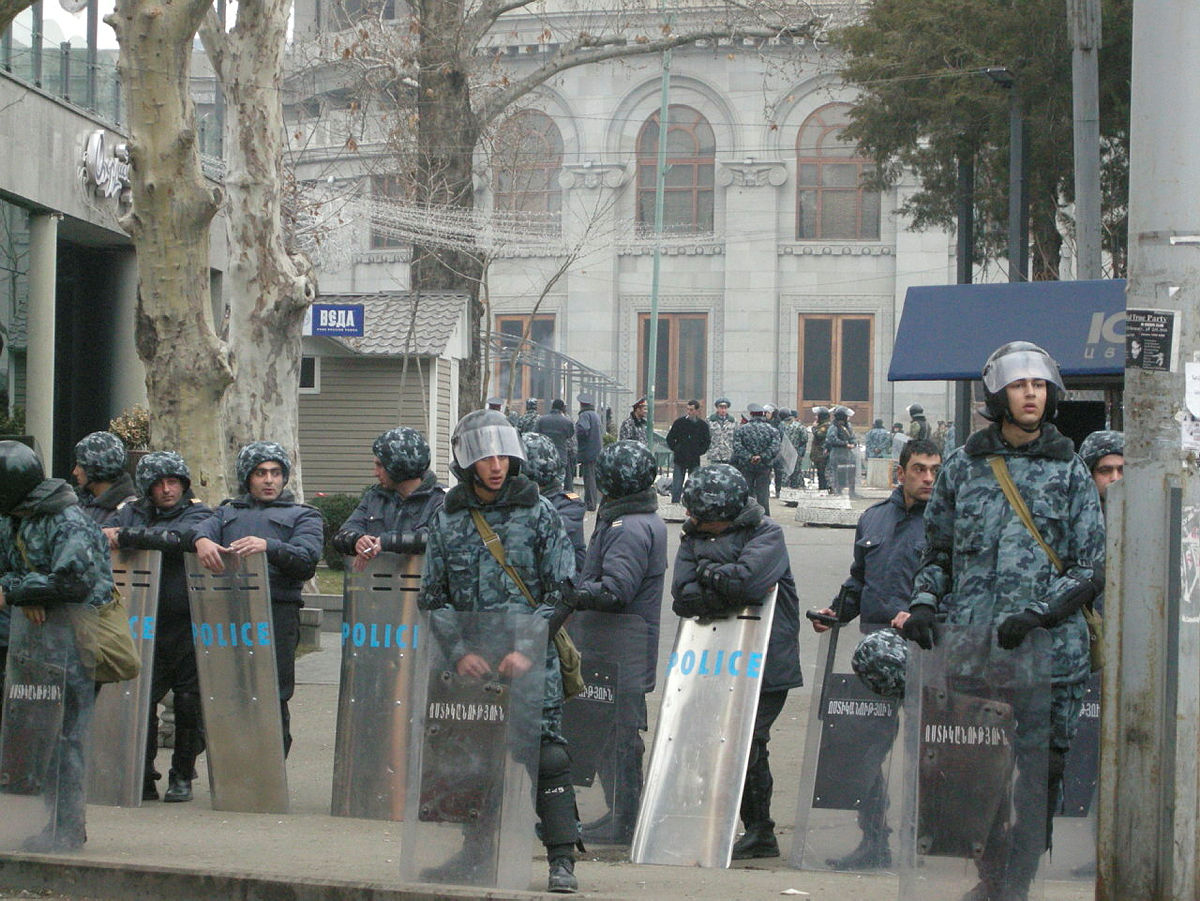By the Norwegian Helsinki Committee, the Italian Federation for Human Rights and the Arrested Lawyers Initiative
In addition to the need for institutional reforms, outlined in the resolution we present today, we also want to address the need to ensure that Interpol’s leaders adhere to high moral standards. It is common to put requirements of high moral character, impartiality, and integrity for leadership positions in international organizations and judicial bodies. Such requirements should be introduced in the Constitution of Interpol.
According to the Rome Statute of the ICC, “The judges shall be chosen from among persons of high moral character, impartiality and integrity who possess the qualifications required in their respective States for appointment to the highest judicial offices” (ICC Statute, Article 36(3)a). “The Prosecutor and the Deputy Prosecutors shall be persons of high moral character, be highly competent in and have extensive practical experience in the prosecution or trial of criminal cases” (Article 42(3)).
While the Constitution of Interpol refers to the purpose of the organization as “to ensure and promote the widest possible mutual assistance between all criminal police authorities … in the spirit of the Universal Declaration of Human Rights”, there are no references to the need for persons elected to Interpol leadership positions to adhere to human rights standards. Leadership positions include the President, Vice-Presidents, as well as members of the Executive Committee and the General Secretariat.
Article 28 of Interpol’s Constitution requires that the Secretary General “must be chosen from among persons highly competent in police matters”, and Article 30 stipulates that “the Secretary General and the staff shall neither solicit nor accept instructions from any government or authority outside the Organization,” but this fundamental document of the organization fails to stipulate the need for Interpol leaders to exemplify by their professional practices the values enshrined in the Universal Declaration of Human Rights. This failure is particularly serious at a time when Interpol’s integrity is undermined by many of its member states.
It has become known in recent months that the top candidate to be elected as Interpol’s next President, Major General Ahmed Naser Ahmed Alrais of the United Arab Emirates, has been charged with responsibility for torture and inhuman treatment conducted by UAE security services. Criminal complaints by two British citizens that experienced such abuse in 2018 and 2019 have been submitted in the UK, France, Sweden, and Norway. A coalition of 19 human rights groups, including Human Rights Watch and the Gulf Centre for Human Rights, wrote an open letter to Interpol advising against his appointment.
This is the time for Interpol’s members to ensure that a person that may be responsible for serious human rights abuses is not elected as its new President. Proper language should be included in Interpol’s Constitution to ensure high ethical standards of its leaders, and vetting procedures should be put in place to ensure that candidates that fail to adhere to such standards cannot be elected.
—
CIVIL SOCIETY RESOLUTION ON THE FORTHCOMING 89th GA OF INTERPOL
Press release from 64 civil society organisations and individuals including renowned human rights activists, MPs and MEPs called for further reform to ensure that the INTERPOL complies with the Universal Declaration of Human Rights.
